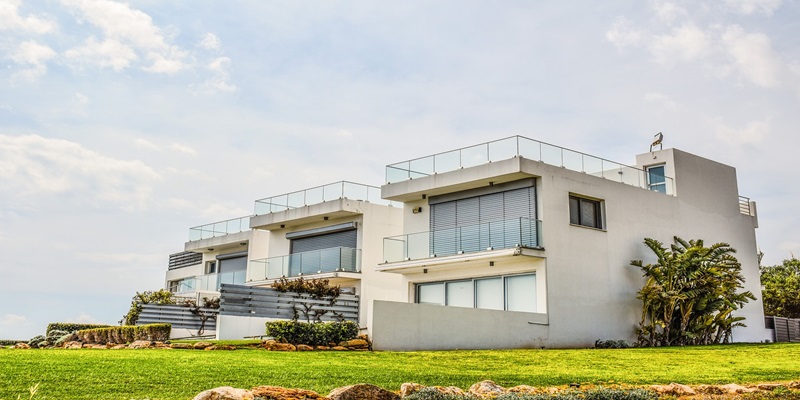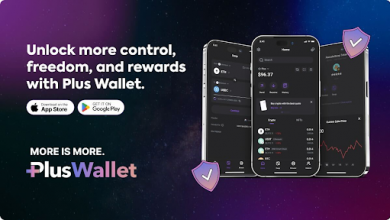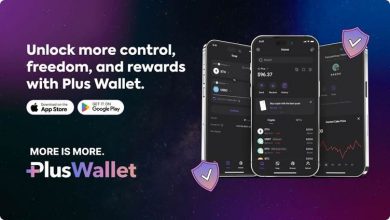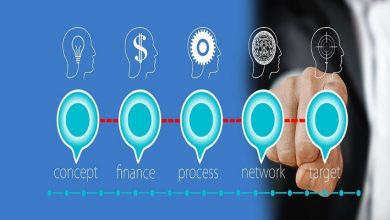Property Management Software: Streamlining Real Estate Operations

Property management has evolved beyond the traditional methods of ledger books, manual tenant communication, and stacks of paperwork. Property management software (PMS) has revolutionized the way landlords, property managers, and real estate professionals oversee their operations. This technological advancement not only streamlines day-to-day tasks but also enhances productivity, improves tenant satisfaction, and increases profitability.
The Evolution of Property Management
Property management, once a manual and labor-intensive process, has transformed with the advent of technology. The transition from spreadsheets and physical files to comprehensive software solutions has been pivotal in meeting the demands of modern real estate management. Today, property management software caters to a wide range of needs, including tenant management, financial tracking, maintenance scheduling, and reporting.
Key Features of Property Management Software
Tenant Management
One of the core features of property management software is tenant management. This includes:
Online Applications and Screenings:
Many platforms offer tools for prospective tenants to apply and undergo background checks online.
Lease Tracking:
Software can monitor lease terms, renewal dates, and compliance, ensuring landlords never miss critical deadlines.
Communication Tools:
Built-in messaging systems facilitate seamless communication between tenants and property managers.
Financial Management
Managing finances can be one of the most challenging aspects of property management. Software solutions simplify this by:
Automating Rent Collection:
Tenants can pay their rent online, reducing late payments and manual handling.
Expense Tracking:
Property managers can track expenses, categorize costs, and generate detailed financial reports.
Accounting Integration:
Many systems integrate with popular accounting software like QuickBooks for comprehensive financial management.
Maintenance Management
Property upkeep is essential for maintaining tenant satisfaction and preserving property value. PMS provides tools for:
Work Order Tracking:
Managers can create, assign, and monitor maintenance tasks.
Tenant Requests:
Tenants can report issues directly through the platform, ensuring prompt resolution.
Vendor Coordination:
Software can help coordinate with contractors and vendors, streamlining the maintenance process.
Reporting and Analytics
Data-driven decision-making is critical in real estate. Property management software offers:
Customizable Reports:
Generate reports on occupancy rates, revenue, expenses, and more.
Analytics Tools:
Gain insights into property performance and identify areas for improvement.
Marketing Tools
Vacant properties can be a significant financial burden. Many software solutions include marketing features such as:
Listing Syndication:
Automatically post property listings to multiple platforms.
Lead Management:
Track inquiries and follow up with prospective tenants efficiently.
Professional Templates:
Create visually appealing listings and marketing materials.
Benefits of Property Management Software
Time Efficiency
Automating repetitive tasks saves time for property managers, allowing them to focus on strategic planning and tenant relationships. For instance, automated rent reminders and online payment systems reduce the time spent chasing late payments.
Improved Tenant Experience
A streamlined tenant experience fosters satisfaction and long-term relationships. From online portals for payments and maintenance requests to timely communication, property management software ensures tenants feel valued and heard.
Enhanced Financial Accuracy
With integrated accounting tools and automated rent collection, property managers can minimize errors and maintain accurate financial records. This not only simplifies tax preparation but also aids in securing loans and attracting investors.
Scalability
Whether managing a single property or a large portfolio, property management software adapts to the needs of the business. It’s an invaluable tool for scaling operations without compromising efficiency.
Legal Compliance
Property management software often includes features to help managers stay compliant with local laws and regulations. For example, it can track lease agreements, ensure timely rent increases align with legal limits, and store essential documents securely.
Choosing the Right Property Management Software
With numerous options on the market, selecting the right software can be daunting. Here are some factors to consider:
Features and Functionality
Evaluate the specific needs of your property management business. Do you need advanced accounting features, marketing tools, or tenant screening capabilities? Choose a solution that aligns with your requirements.
User-Friendly Interface
A complicated system can lead to frustration and low adoption rates. Opt for software with an intuitive and user-friendly interface.
Scalability
Ensure the software can grow with your business. If you plan to expand your portfolio, choose a platform that can handle increased demands.
Integration Capabilities
The ability to integrate with existing tools, such as accounting software, CRM systems, and marketing platforms, is crucial for seamless operations.
Cost
While cost shouldn’t be the sole determinant, it’s essential to choose software that fits your budget. Consider subscription fees, implementation costs, and potential add-ons.
Future Trends in Property Management Software
As technology advances, property management software continues to evolve. Here are some trends shaping the future:
Artificial Intelligence (AI) and Machine Learning
AI-powered tools can analyze data to predict tenant behavior, optimize pricing, and identify maintenance issues before they become significant problems.
Mobile-First Solutions
With the increasing reliance on mobile devices, property management software is becoming more mobile-friendly, allowing managers to oversee operations on the go.
Blockchain Technology
Blockchain offers secure and transparent solutions for lease agreements, payments, and record-keeping, reducing fraud and enhancing trust.
IoT Integration
The Internet of Things (IoT) is revolutionizing property management by enabling smart home technologies, energy management, and predictive maintenance.
Sustainability Features
Many platforms are incorporating tools to track and reduce environmental impact, such as energy consumption monitoring and waste management solutions.
Conclusion
Property management software is no longer a luxury but a necessity for modern real estate operations. By automating tasks, enhancing tenant experiences, and providing valuable insights, these tools empower property managers to optimize their operations and achieve greater success. As technology continues to advance, the capabilities of property management software will only grow, making it an indispensable asset in the real estate industry. For property managers looking to stay ahead of the curve, investing in a robust property management software solution is a step in the right direction.

Source: Property Management Software: Streamlining Real Estate Operations




